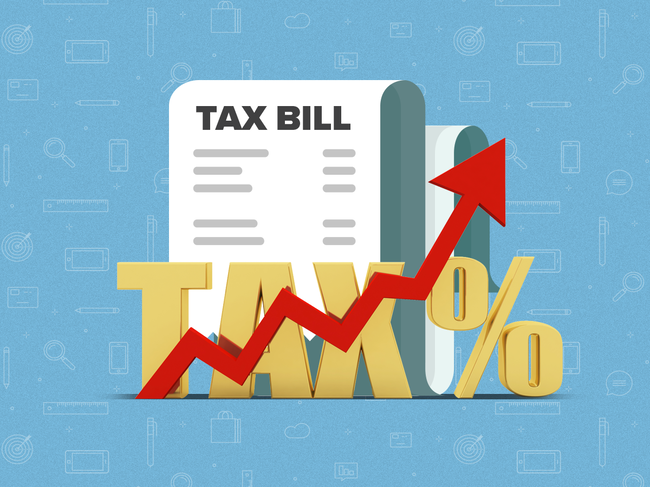 ETtech
ETtechHowever officials added that all concerns raised by stakeholders in implementation of this proposal would be addressed next month.
"The draft rules related to valuation shall be shared with the stakeholders for their inputs in the next month itself. Exclusions, as already provided to domestic Venture Capital Funds etc, shall also be considered for similar overseas entities," finance ministry officials said.
The centre proposed the finance bill with amendment the angel tax provision or the section 56(2) (viib) of the income tax act in the budget through finance bill.
The provision states that any premium paid by an investor in excess of the fair market value (FMV) of the shares of an unlisted company is taxable in the hands of the company at a rate of 20% or above.
Discover the stories of your interest

The government has now proposed to bring foreign investors under the ambit of the angel tax which hitherto applied to Indian residents and funds not registered as Alternative Investment Funds (AIFs).
The objective of introducing the Section was to deter the generation and use of unaccounted money through subscription of shares of a closely held company, at a value which is higher than fair market value.
The start- up ecosystem and investors have expressed concerns as foreign investment remains a major source of funding.
















 Get Unlimited Access to The Economic Times
Get Unlimited Access to The Economic Times
